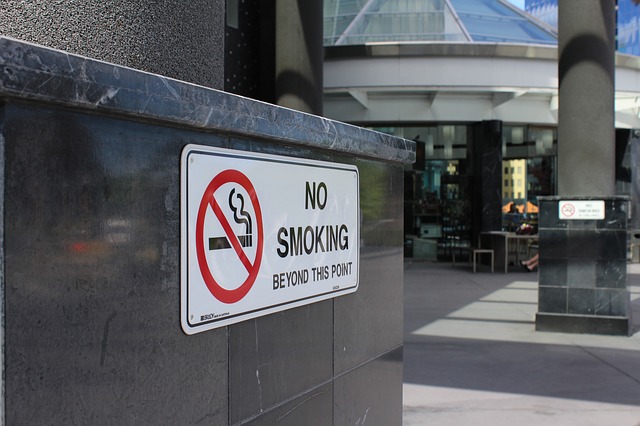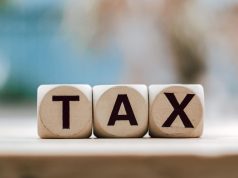Researchers at the University of Waterloo had recently reported that Japan’s tobacco control policies were not working. Two studies were conducted as part of the Waterloo-based International Tobacco Control Policy Evaluation Project (ITC) and involved a survey of 3,800 smokers in Japan.
“The Japanese government has been very slow to develop and implement proven FCTC policies,” said Yumiko Mochizuki, a researcher at the Japan Cancer Society and ITC member. “These two studies show that Japan must do much more to combat smoking, the number one preventable cause of death in our country, which kills 160,000 smokers a year and over 15,000 non-smokers from second-hand smoke.”
E-cigarettes are exempt from the ban
Finally a much needed change has gone into effect, the Ministry of Health, Labour and Welfare has recently announced a comprehensive smoking ban that went into effect on the 1st of April. The ban includes combustible tobacco products such as cigarettes and cigars but not e-cigarettes. The aim is to protect those “who want to avoid getting exposed to secondhand tobacco smoke,” said a health ministry document.
The ban is part of an amended Health Promotion Law passed in 2018, and it applies to all restaurants and bars across Japan but exempts establishments that sell tobacco, such as cigar bars, and some small bars and restaurants. Such establishments will put up signs at the entrance to indicate that smoking is allowed.
Designated smoking rooms allowed
The health ministry’s website has also pointed out that businesses may set up designated smoking rooms, where eating and drinking are not allowed, or separate rooms where smoking is allowed during eating and drinking. Staff members younger than 19 years will not be allowed to serve in smoking areas.
After an initial warning, violators caught smoking could face fines of up to $2,780. While businesses allowing smoking in non-designated areas could face fines up to $4,600. “Perhaps this is still a small step, but setting a regulation like this, it will give more power to the manager to ask customers not to smoke in the restaurant,” said Okinawa prefectural government spokeswoman Naoko Nagahama.
Read Further: Stars and Stripes








